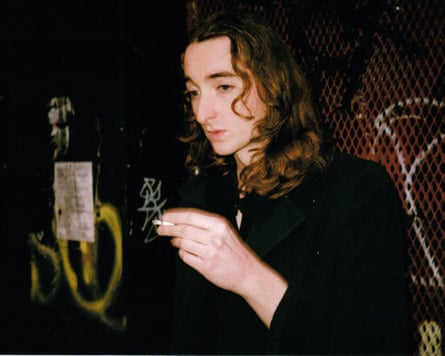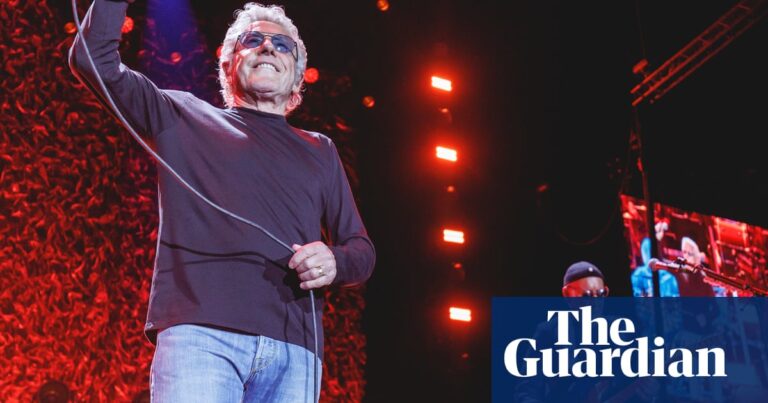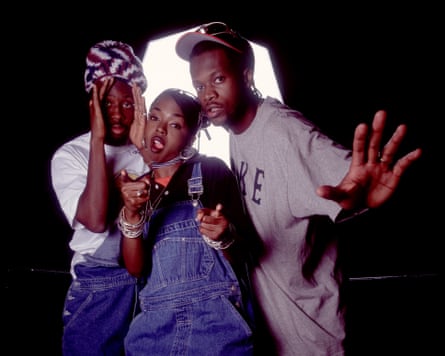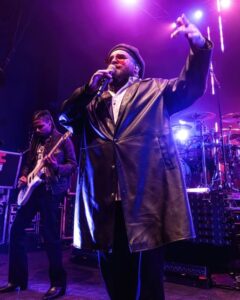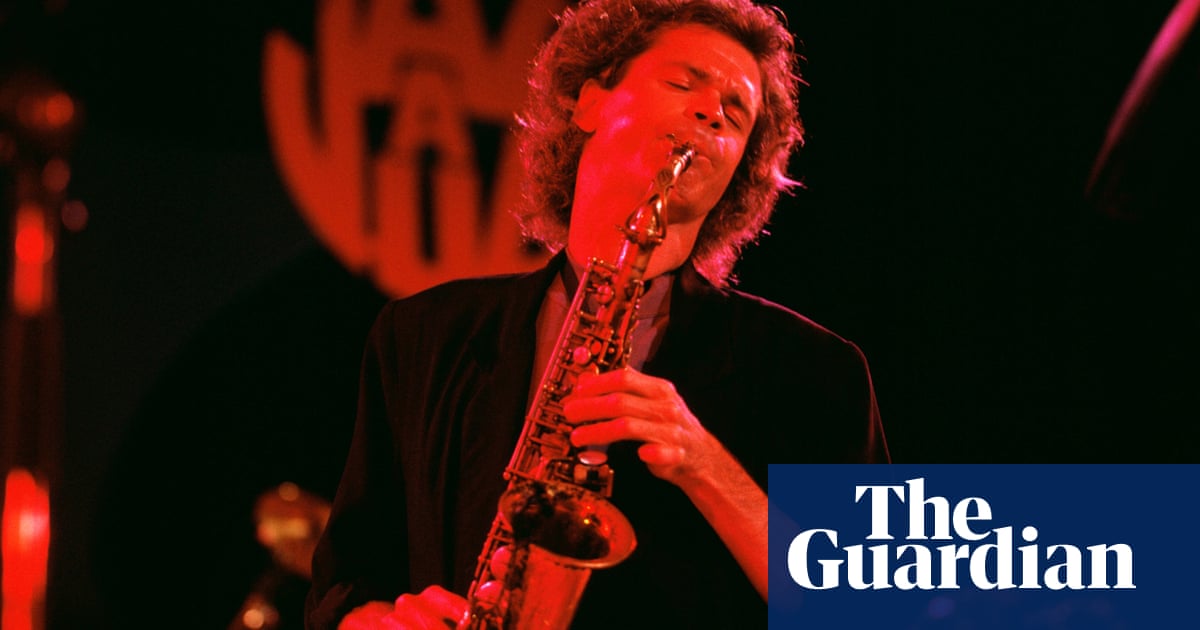
David Sanborn, the Grammy-winning saxophonist whose expressive versatility across jazz and pop also made him a sought-after session player for tracks such as David Bowie’s Young Americans, has died aged 78.
A message on social media stated he died from “an extended battle with prostate cancer with complications. Mr Sanborn had been dealing with prostate cancer since 2018, but had been able to maintain his normal schedule of concerts until just recently. Indeed he already had concerts scheduled into 2025.”
Born in Florida in 1945 and raised in Missouri, Sanborn suffered from polio as a child and a doctor suggested playing the saxophone to aid the strengthening of his chest. Sanborn studied music at university and was grounded in the blues, joining the Butterfield Blues Band and appearing at Woodstock festival with them.
Sanborn began picking up session work with a series of 1970s stars. He played the debonair yet untamed solo on Young Americans as David Bowie sought to move into funk and R&B, with Sanborn later remembering: “There was no lead guitar, so I played the role of lead guitar. I was all over that record.” Sanborn also played live with Bowie, and can be heard on the classic David Live album in 1974, including on flute.
He also played with Stevie Wonder, Elton John, BB King, Chaka Khan, Paul Simon, Todd Rundgren and more during the decade, and played on Bruce Springsteen’s song Tenth Avenue Freeze-Out. In 1974, he appeared on two back-to-back album recordings with James Brown, and he was a regular fixture in jazz bandleader Gil Evans’ ensembles that decade, as well as doing four albums with both Carly Simon and James Taylor.
In the 1980s his solo career took off with a series of albums that blended the smoother side of jazz with R&B, including with guest vocalists such as Luther Vandross. His sixth solo album Voyeur, in 1981, was the first of five successive No 1 hits on the US jazz album chart. 1981 also brought his first Grammy win, with Sanborn eventually earning six wins from 16 nominations.
His sideman work continued with sessions for the likes of Aretha Franklin (Aretha, 1980) and the Rolling Stones (Undercover, 1983). He also composed film scores including the three Lethal Weapon sequels, and collaborated with Jools Holland on eclectic US live music TV programme Night Music, which hosted musicians from Sonic Youth to Sonny Rollins.
1991’s Another Hand demonstrated his jazz bona fides, with a backing group of Bill Frisell, Charlie Haden, Jack DeJohnette and Marc Ribot. His solo albums continued to attract star guests, such as Sting, Eric Clapton and Joss Stone, and he maintained a steady release schedule until 2015.
He continued to tour long beyond that: earlier this year he suffered from stress fractures in his spine, causing him to cancel a series of live dates.
Source: theguardian.com









